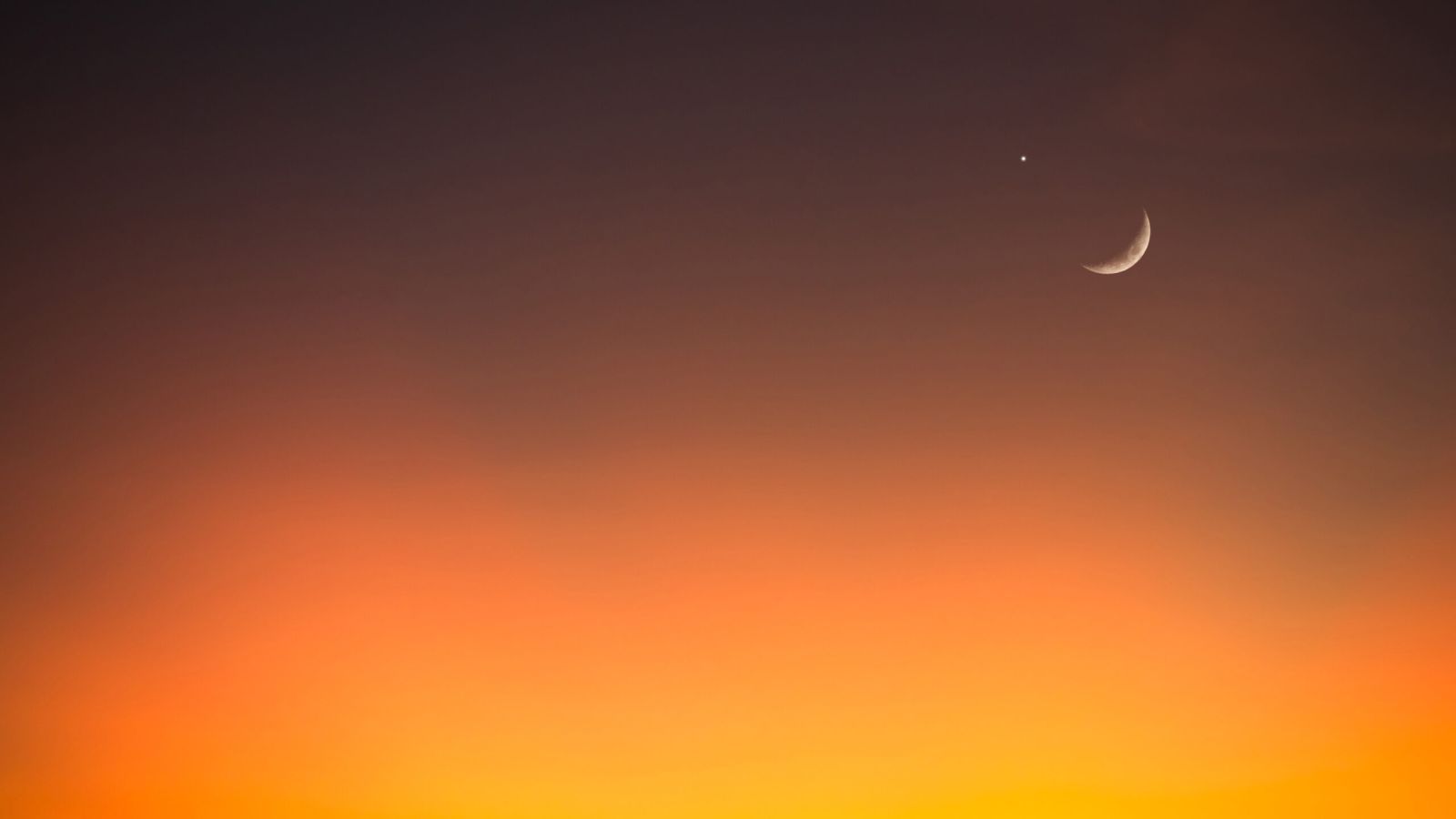Legislated Forms of Ruqyah
Imām ʿAbd al-ʿAzīz ibn Bāz


[Q]: Is it permissible for a Muslim to perform ruqyah on himself using his own breath by reciting and ejecting spittle into water?
[A]: When the Prophet (صلى الله عليه وسلم) felt sick, he would recite Sūrah al-Ikhlāṣ, and the Muʿawwidhtayn [Surah al-Falaq and Surah al-Nās], then eject spittle into his two hands three times, rubbing whatever parts of his body he could reach after every recitation. He (صلى الله عليه وسلم) would do so before sleeping, starting with his head, face and chest. This was narrated to us by Āʿishah (رضي الله عنها) in an authentic ḥadīth.1
Also, Jibrīl (عليه السلام) performed ruqyah in water for the Prophet (صلى الله عليه وسلم) saying:
“بِسْمِ اللهِ أَرْقِيكَ، مِنْ كُلِّ شَيْءٍ يُؤْذِيكَ، مِنْ شَرِّ كُلِّ نَفْسٍ أَوْ عَيْنٍ حَاسِدٍ اللهُ يَشْفِيكَ، بِسْمِ اللهِ أَرْقِيكَ”
“In the name of Allāh I perform ruqyah for you, from everything that causes you harm, from the evil of every soul or jealous gaze. May Allāh cure you. In the name of Allāh I perform ruqyah for you.”2
He repeated this invocation thrice. These are the legislated forms of ruqyah which hold benefit. The Prophet (صلى الله عليه وسلم) also recited into water on behalf of Thābit ibn Qays (رضي الله عنه), ordering that the water be poured onto him. This was narrated by Abū Dāwūd in the chapter of Medicine [in his Sunan] and graded Ḥasan3. Just as there are other variations of ruqyah that have occurred during the time of the Prophet (صلى الله عليه وسلم). Among them, is his (صلى الله عليه وسلم) invocation on behalf of some who were afflicted with sickness:
“اللَّهُمَّ رَبَّ النَّاسِ، أَذْهَبِ البَأْسَ، وَاشْفِ أَنْتَ الشَّافِي، لَا شِفَاءَ إِلَّا شِفَاؤُكَ، شِفَاءً لَا يُغَادِرُ سَقَمًا”
‘O’ Allāh! Lord of mankind! Alleviate this suffering. Grant the cure from it. You are the One who Cures. There is no cure besides Your cure. [Grant a] cure that leaves no ailment behind.”4
Endnotes:
[1] Authentic: narrated by al-Bukhārī: 5018 and Muslim: 2192.
[2] Authentic: narrated by Muslim: 2186.
[3] Weak: narrated by Abū Dāwūd: 3885 and graded weak by Shaykh al-Albānī. See Sunan Abī Dāwūd edited by Muḥī al-Dīn ʿAbd al-Ḥamīd. And Allāh knows best.
[4] Authentic: narrated by al-Bukhārī: 5750.
Source: Al-ʿIlāj wa-al-Ruqá: 64-65
Translated by: Riyāḍ al-Kanadī

















